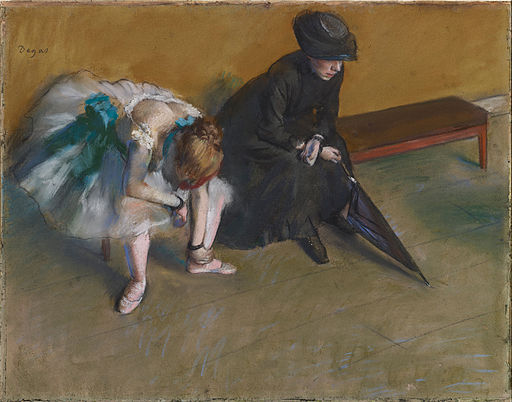Waiting vs Awaiting
Waiting and Awaiting are often thought to have the same meaning and idea, but there is a difference between their meanings and connotations. Waiting is based on the verb wait, and is a noun. Awaiting is a word created by adding -ing to the verb await, and the meaning of both await and awaiting is the same. Although waiting is also created by adding -ing to the verb wait, there is a separate word called waiting in the English language. However, no such separate word exists for awaiting. The origins of the word await can be traced back to Middle English.
What does Waiting mean?
Waiting implies ‘to defer action for some reason,’ as seen in the following sentences:
He was waiting for about 2 hours for my arrival.
I am waiting for this to happen.
In these sentences, the word “waiting” conveys deferring an action for a reason, such as the arrival of a person or an event happening. Additionally, the word “waiting” is sometimes followed by the preposition “for,” as in the expression “waiting for.”
What does Awaiting mean?
Awaiting, on the other hand, means ‘expecting.’ This is the main difference between waiting and awaiting. Consider the following sentences:
I am awaiting the results.
She was awaiting his arrival today.
In these sentences, the word “awaiting” implies expecting something, such as results or an arrival. Notably, the word “awaiting” is not typically followed by any preposition.
Key Takeaways
- Waiting means ‘to defer action for some reason,’ while awaiting means ‘expecting.’
- Awaiting is not usually followed by any preposition, while waiting is sometimes followed by the preposition ‘for.’
- The main difference between waiting and awaiting is the idea of expectation in the latter.
